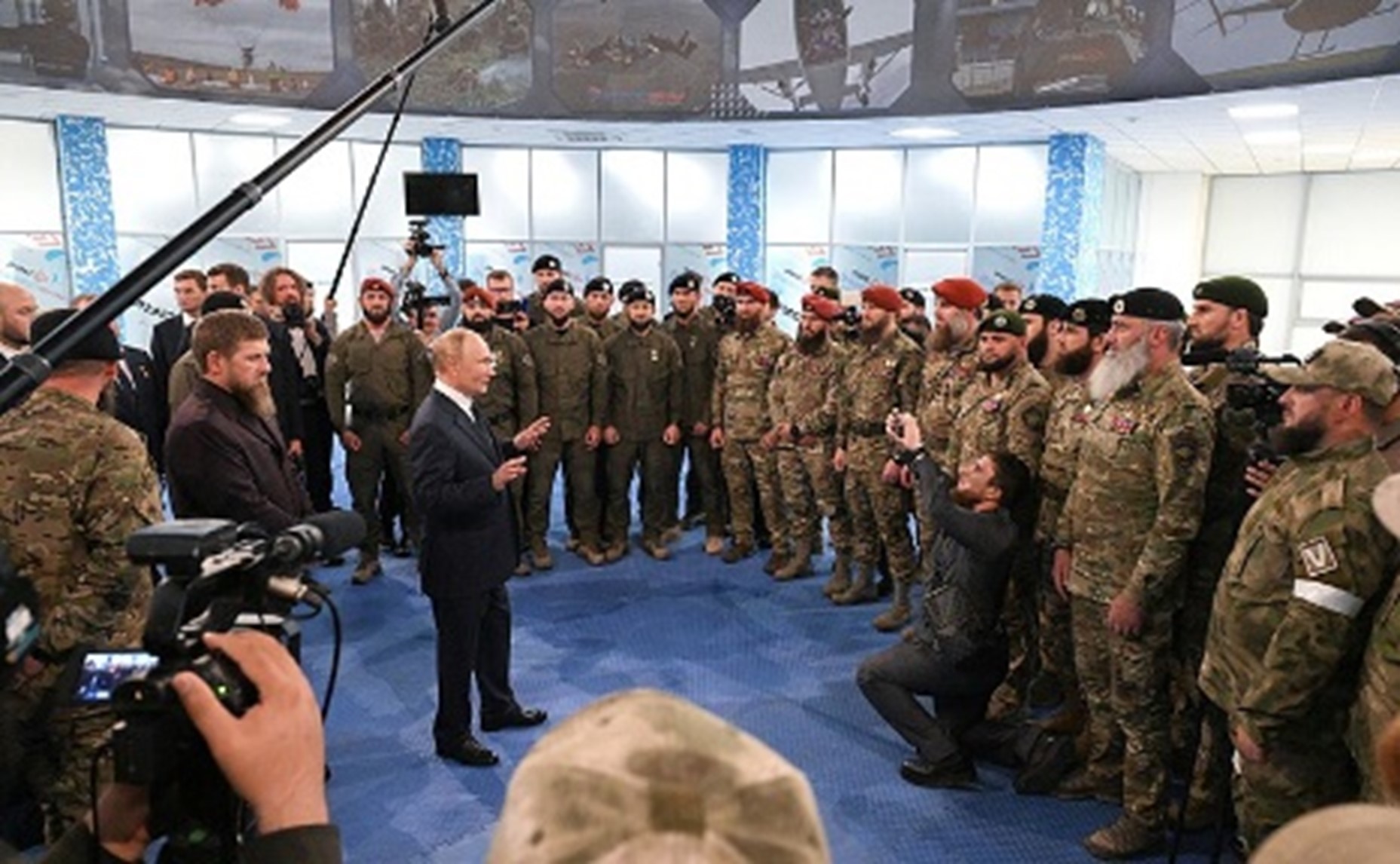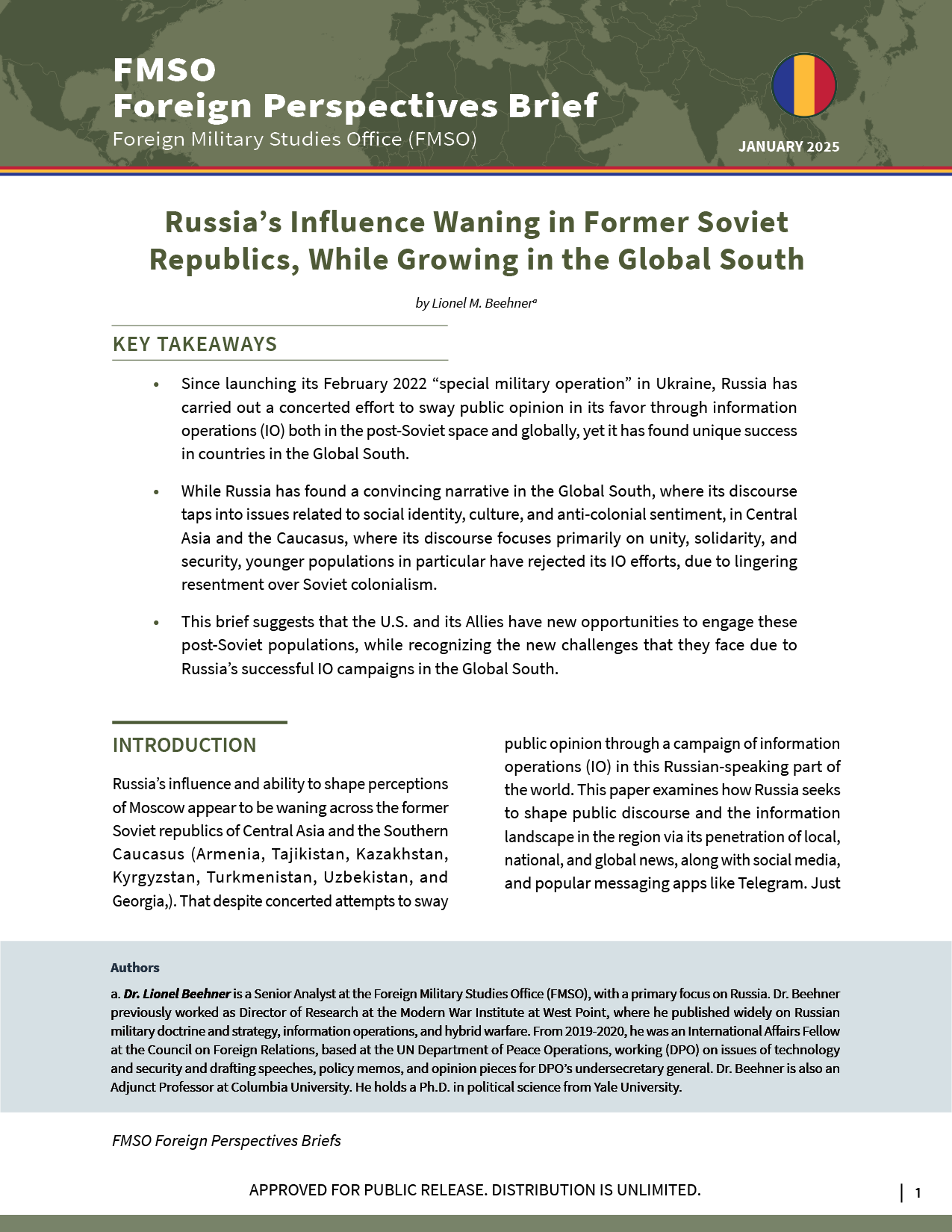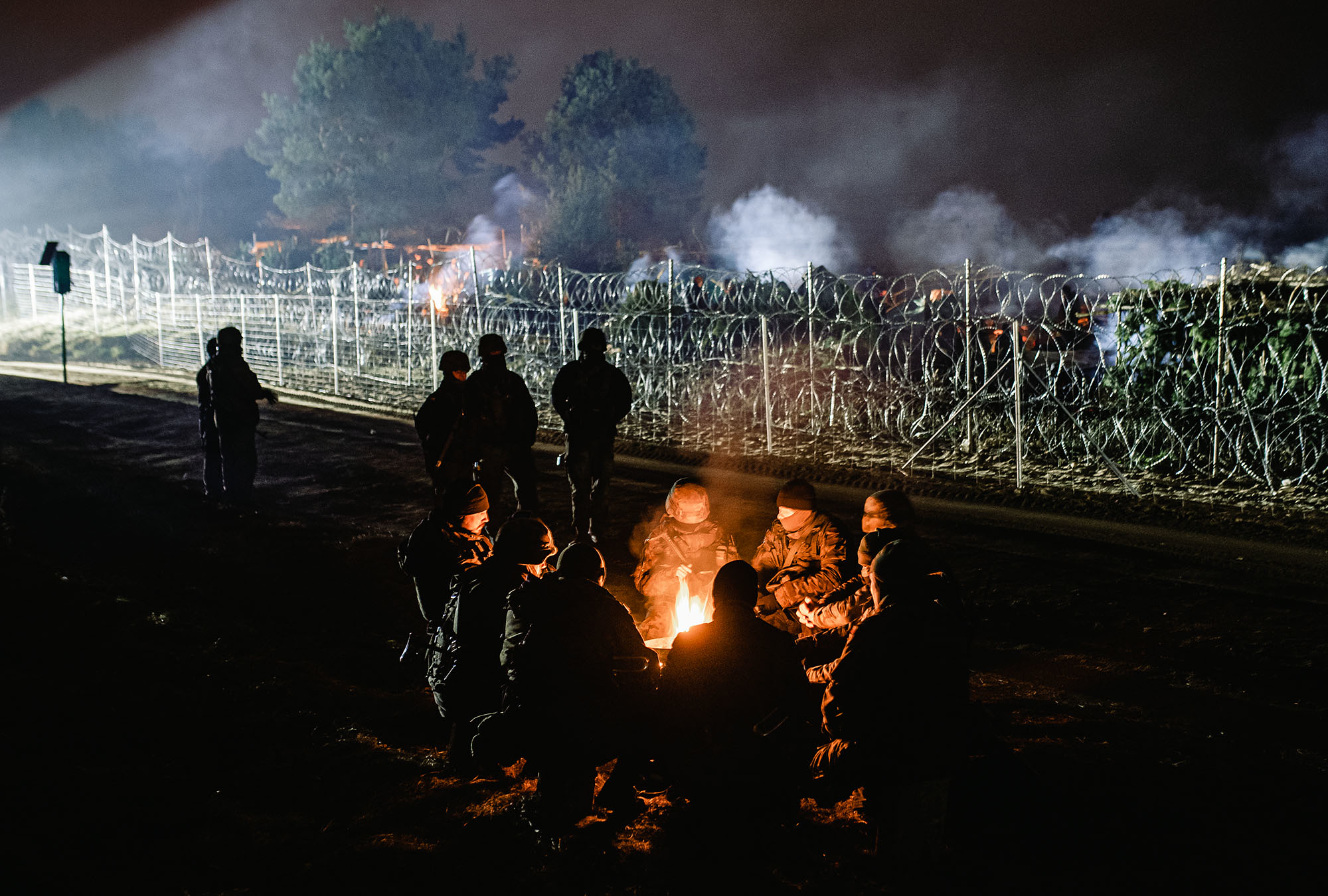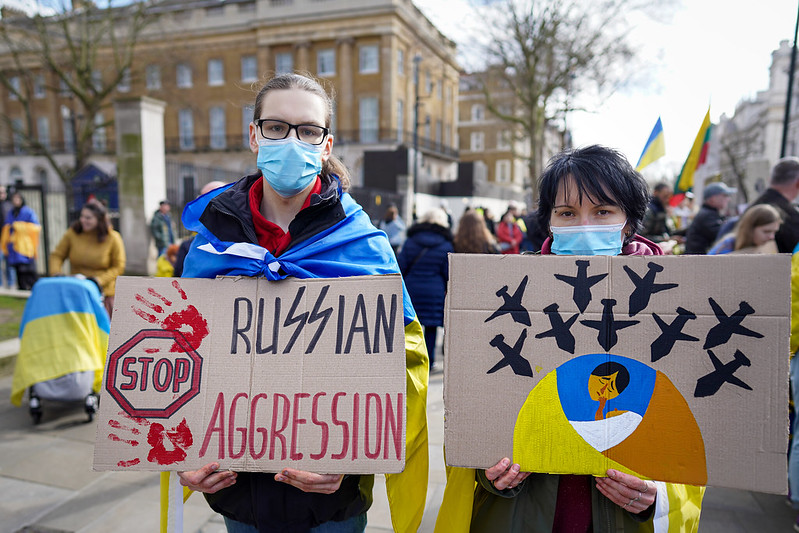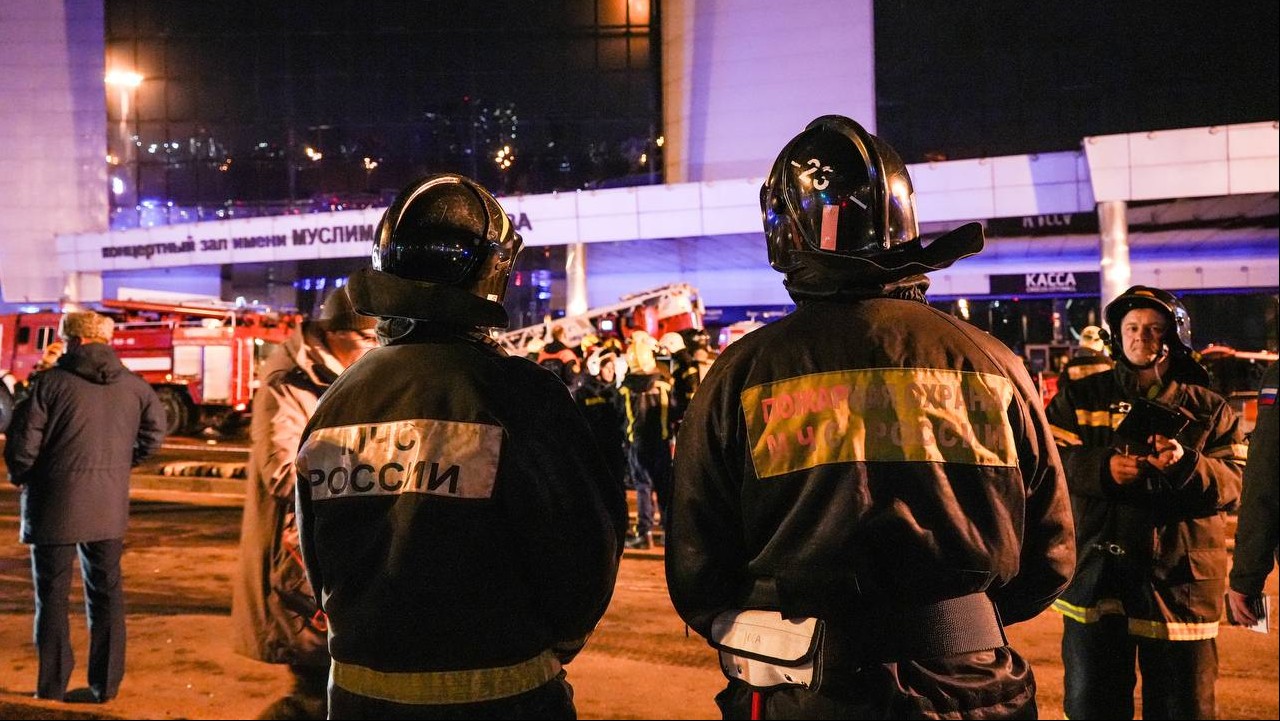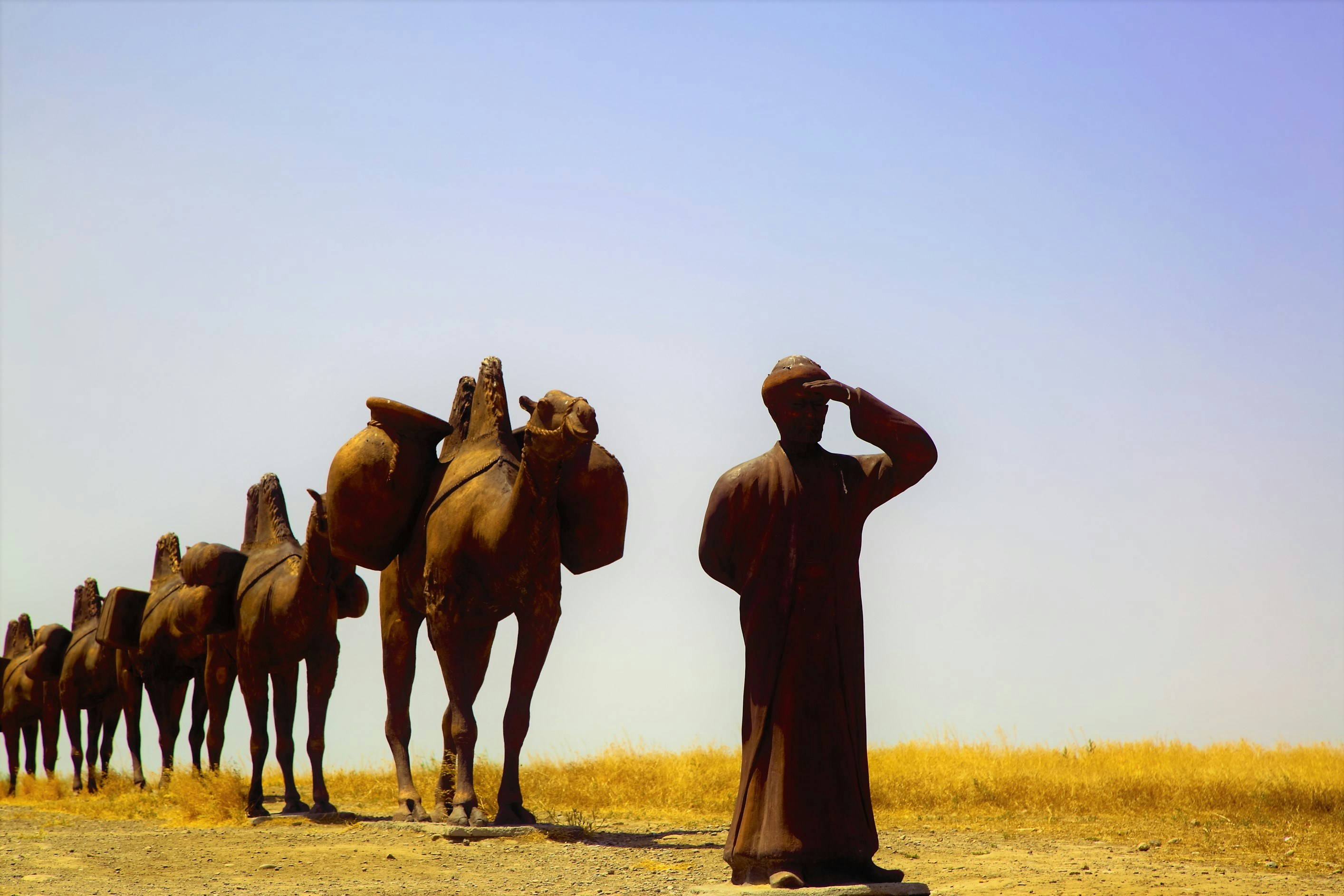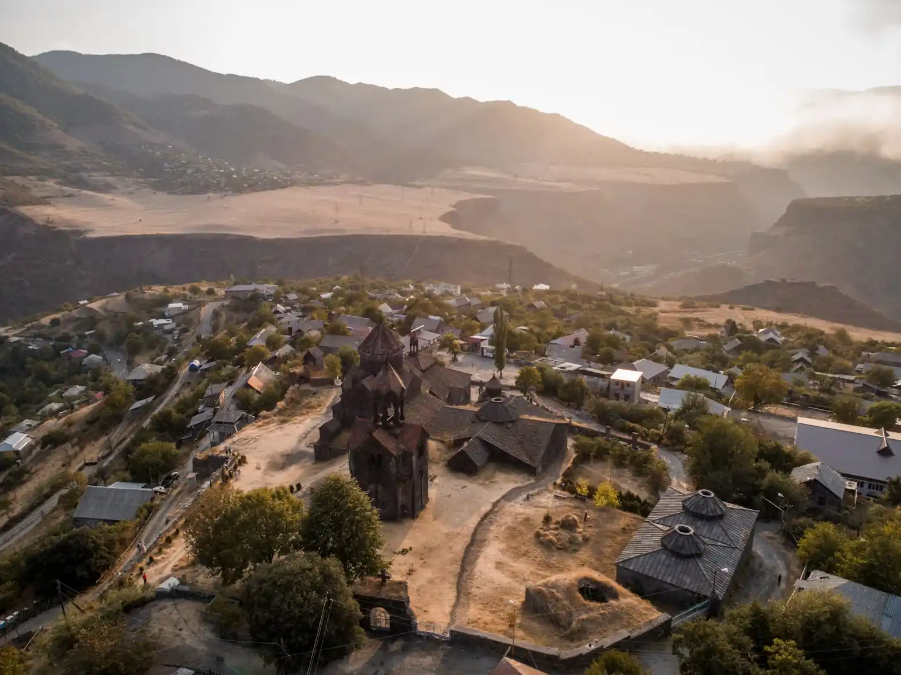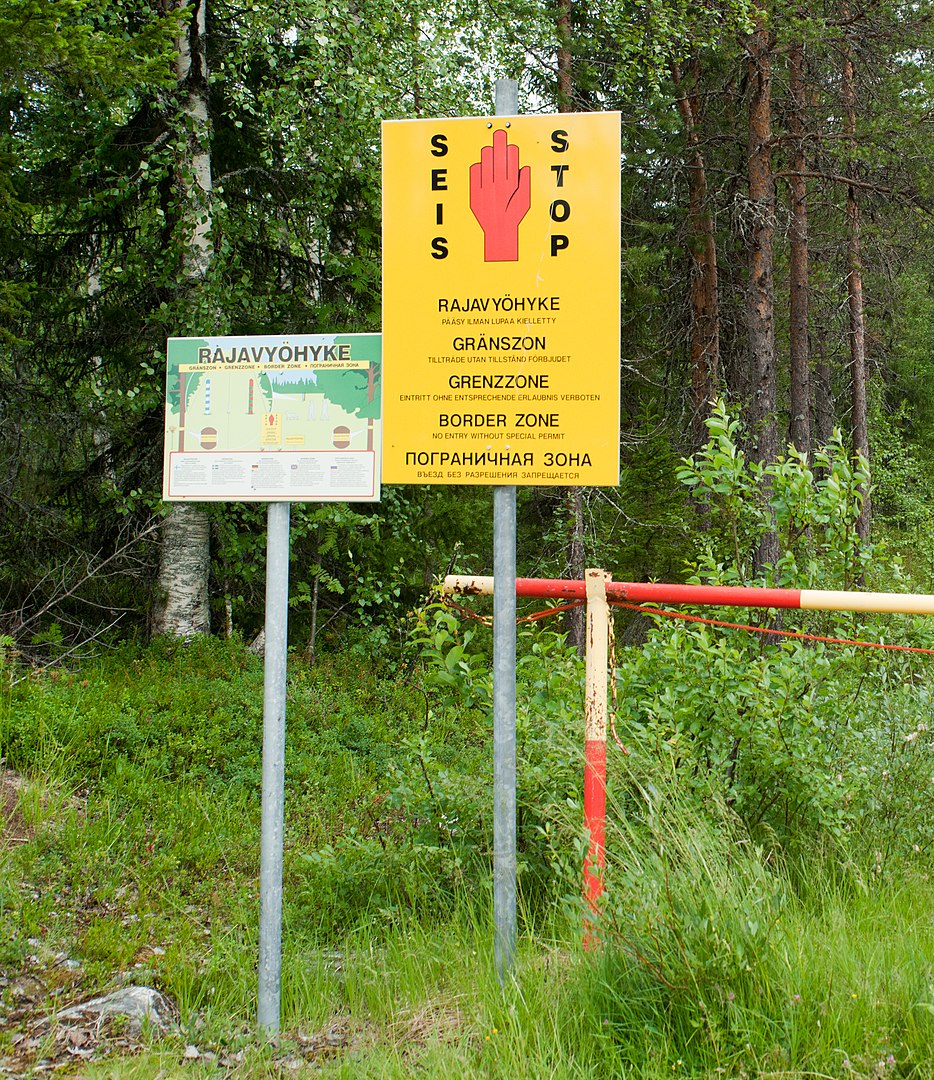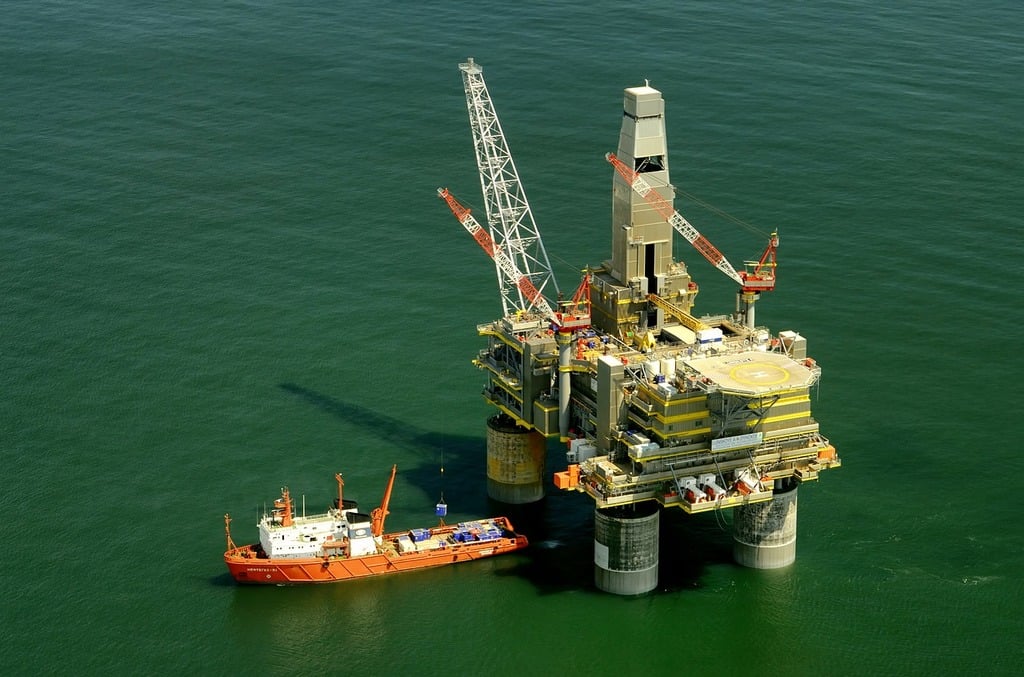
A boat next to a large Russian oil platform, taken in July 2017.
“[The US Administration’s decision to impose restrictive measures against Russian energy sector…] is an attempt to inflict at least some damage on the Russian economy even at the cost of destabilizing global markets ahead of the end of the inglorious term of President Joe Biden.”
After the rollout of new energy sector sanctions in January by the United States and United Kingdom, Russia’s Foreign Ministry responded with a mix of indifference and promises of retaliation for the punitive measure. The sanctions target some 200 entities and individuals in Russia, including senior energy officials, and are meant to curb liquefied natural gas projects and curtail the profits of service providers that support the country’s energy industry. This includes Moscow’s vast “shadow fleet” of vessels that ship oil around the world under third parties to avoid sanctions but have come under fire for allegedly carrying out acts of sabotage in the Baltic Sea.[i]
The reaction in Russia has been relative indifference as per the accompanying article from Russia’s official news agency, TASS. The article suggests that the sanctions would not impede Russia’s “special military operation” in Ukraine but that their effects could be “destabilizing” for global energy markets.[ii] Russia comprises roughly 11 percent of global crude oil production (approximately 10.75 million barrels per day (bpd)) and consumes only 3.68 million bpd. According to a statement by Russia’s Foreign Ministry, Moscow has promised retaliation. “Of course, Washington’s hostile actions will not be left without response and will be taken into consideration during the calculation of our external economic strategy. We will continue to implement the major projects on oil and gas extraction, as well as import replacement, provision of oil-related services, and construction of nuclear power plants in third countries.”
U.S. attempts to apply economic pressure against Russia in response to its war in Ukraine have not had the desired coercive effect, largely because Russia’s energy sector had been spared. Even previous measures, including the imposition of a $60-per-barrel price cap and targeted sanctions against financial institutions such as Gazprombank, did little to shrink Russia’s war chest.[iii]
Sources:
“Russian Foreign Ministry vows response to new US sanctions,” TASS (Russian state news agency), 11 January 2025. https://tass.com/politics/1897999
“Of course, Washington’s hostile actions will not be left without response and will be taken into consideration during the calculation of our external economic strategy,” the ministry said. “We will continue to implement the major projects on oil and gas extraction, as well as import replacement, provision of oil-related services and construction of nuclear power plants in third countries.”
The ministry pointed out that Russia has been and remains a key and reliable actor on the global fuel market, “despite the convulsions in the White House and the machinations of the Russophobic lobby in the West, which seeks to pull the global energy sector into the hybrid war, which the US has initiated against Russia.”
The ministry underscored that, amid the “failure of Washington’s bid on Moscow’s strategic defeat and sanctions pressure, which was supposed to undermine the Russian economy, which has not only survived by continues to develop despite the unprecedented external economic pressure, the efforts of the outgoing White House team aim to complicate or obstruct any bilateral economic ties, including for the American business.”
The ministry added that this process sacrifices interests of US’ European allies, who have to switch to the more expensive and irregular American deliveries, as well as interests of its own people, currently suffering from the massive wildfires in California, whose opinion regarding the fuel price hike, which remained relevant ahead of the elections, now can be completely ignored.
“Therefore, the upcoming president, who is unable to withdraw the abovementioned sanctions without the Congress’ approval, will inherit scorched earth – both literally and figuratively,” the ministry added.
Notes:
[i] Jake Lapham, “US and UK toughen sanctions on Russian oil industry,” BBC News, 10 January 2025. https://www.bbc.com/news/articles/cn8xlj9kkkmo
[ii] Illya Tsukanov, “US Anti-Russian Energy Sanctions Threaten to Destabilize Global Markets. Here’s How,” Sputnik International, 11 January 2025, https://sputnikglobe.com/20250111/latest-us-anti-russian-energy-sanctions-threaten-to-destabilize-global-markets-heres-how-1121409189.html
[iii] According to analysis the latest energy sanctions, which target two of Russia’s largest oil companies, Gazprom Neft and Surgutneftegas, and their subsidiaries, could have more of a desired punitive effect, given recent stresses within the Russian economy. See “Five questions (and expert answers) about Biden’s final round of sanctions on Russia,” New Atlanticist, 10 January 2025, https://www.atlanticcouncil.org/blogs/new-atlanticist/five-questions-and-expert-answers-about-bidens-final-round-of-sanctions-on-russia/
Image Information:
Image: A boat next to a large Russian oil platform, taken in July 2017
Source: https://timelessmoon.getarchive.net/amp/media/russia-oil-platform-rig-travel-vacation-c8289c
Attribution: CC0 1.0 Universal

